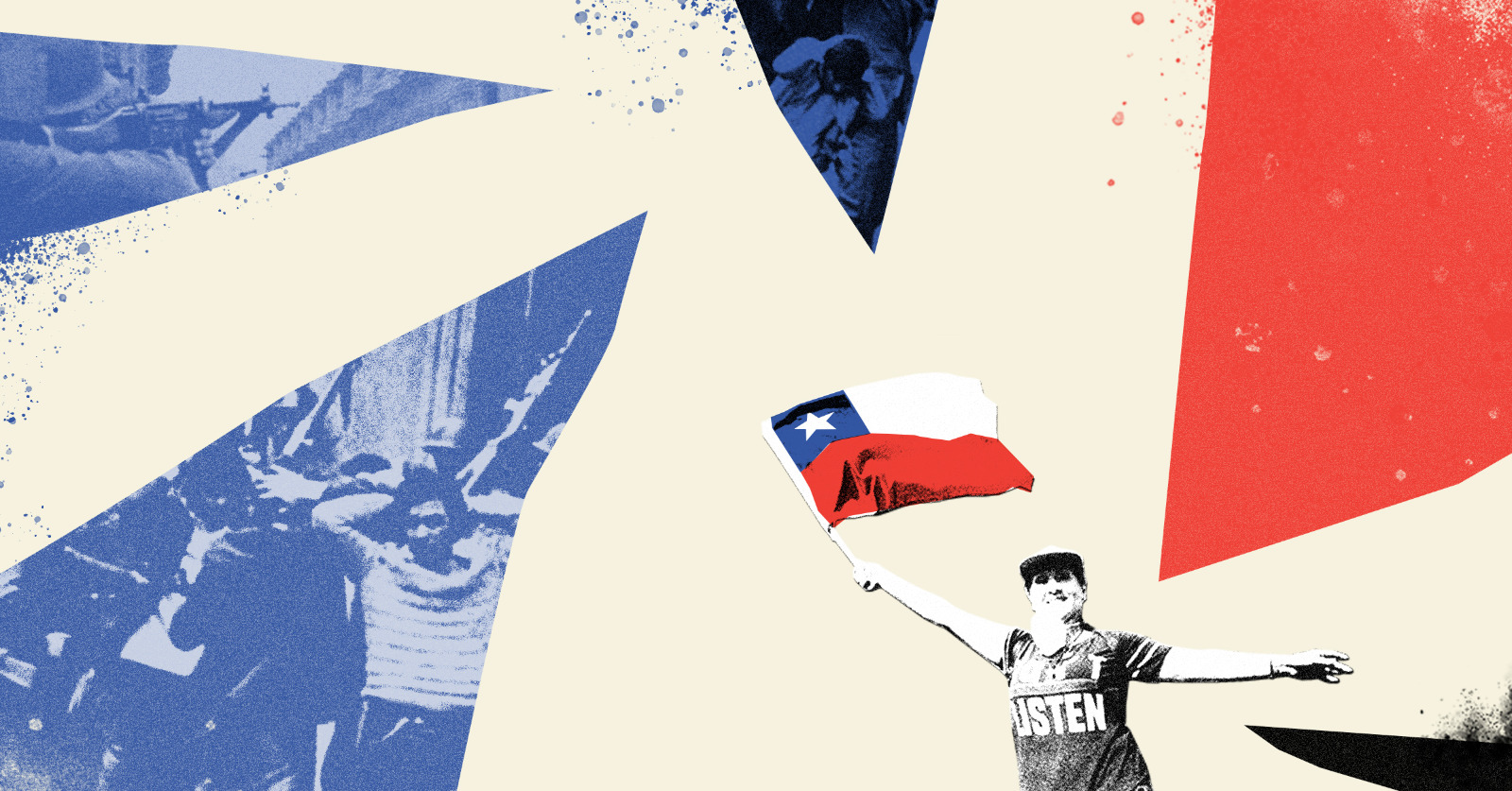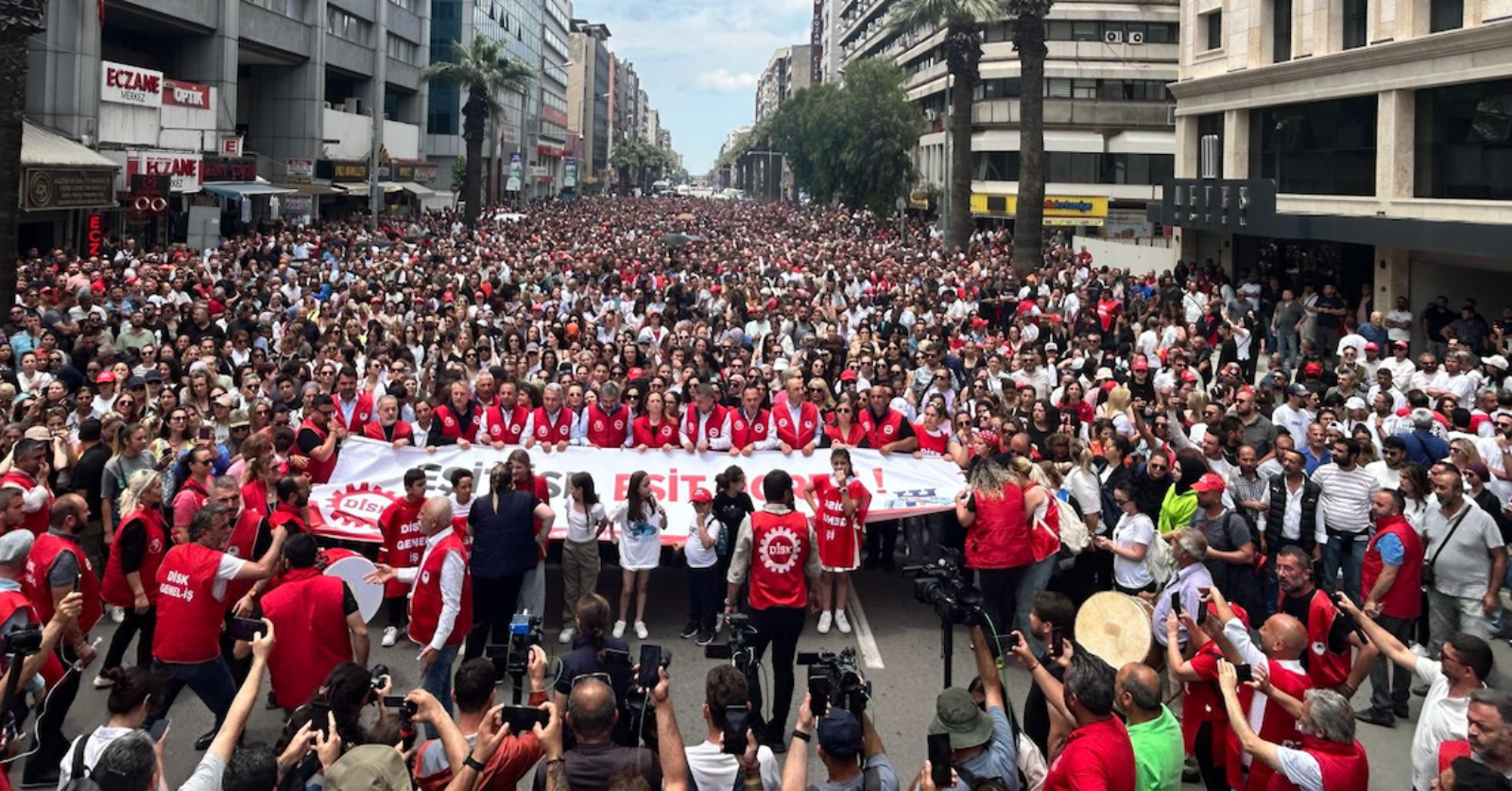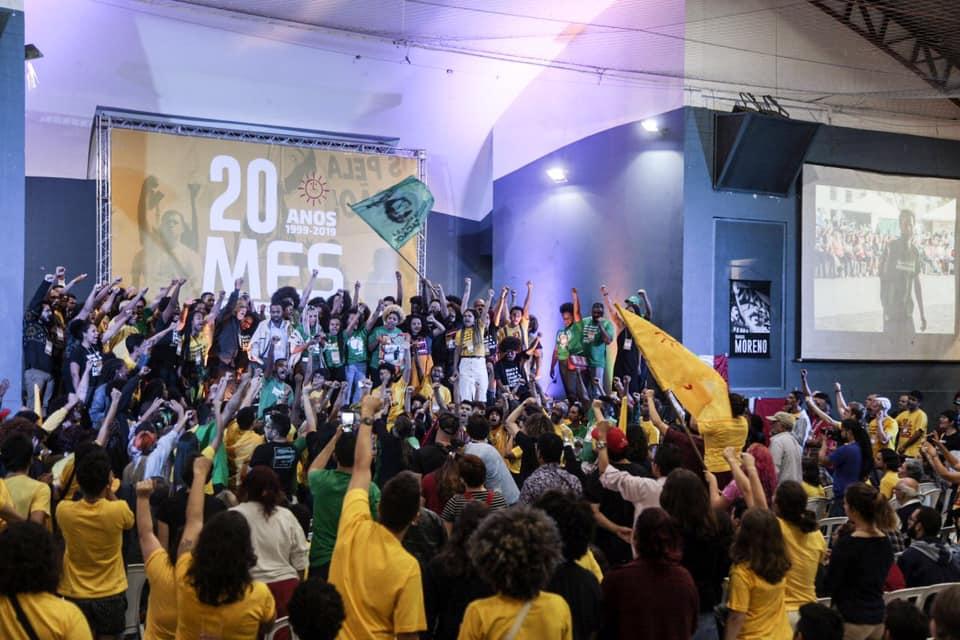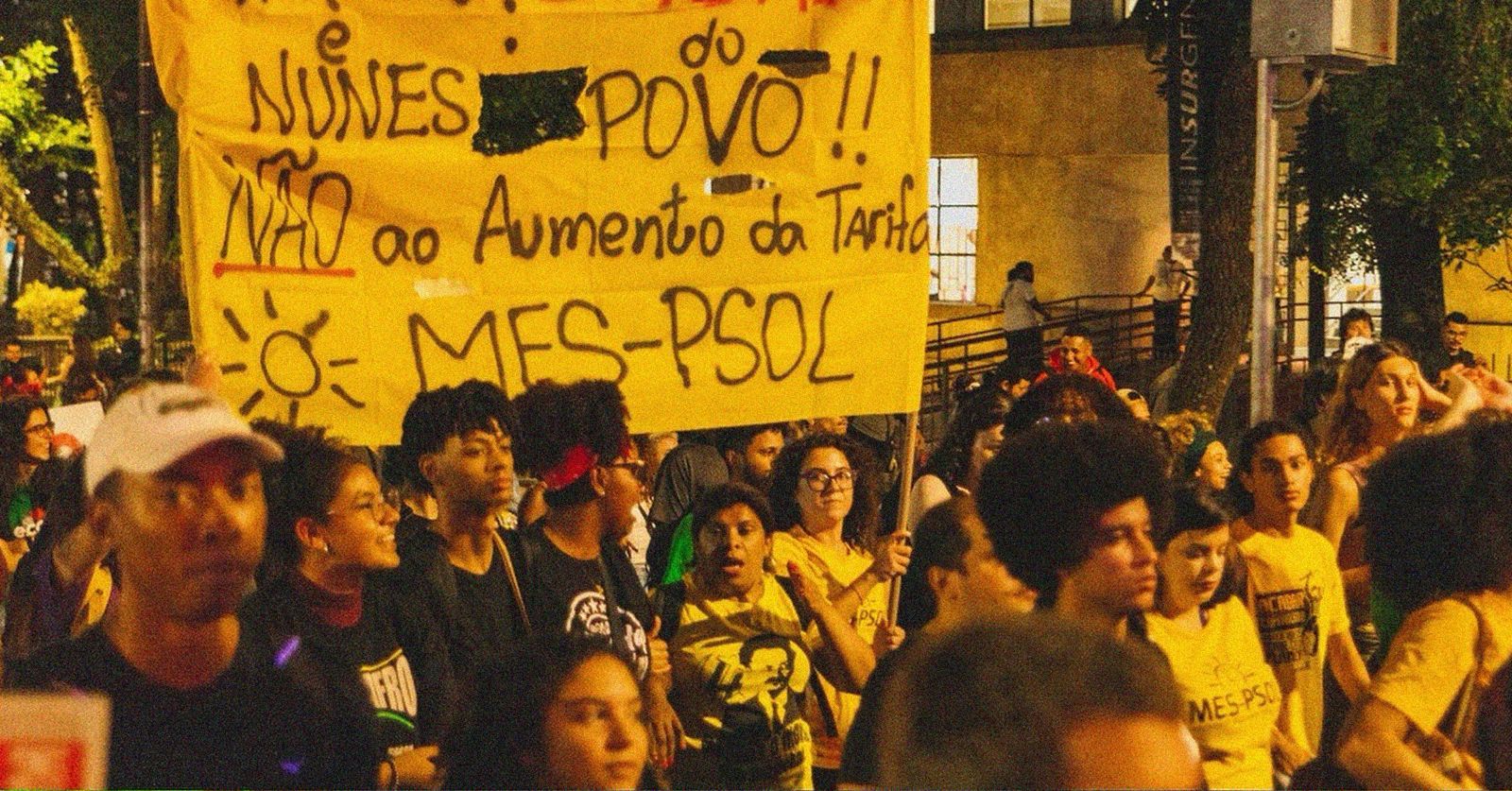On September 11, 2001 the world watched in horror and disbelief as the Twin Towers of the World Trade Center came down. But for millions of Chileans, the scenes were reminiscent of the darkest chapter in our country’s history. Almost 30 years prior, on September 11, 1973 in what my mom calls the “first September 11,” a US-backed coup brought down the democratically-elected Marxist government of Salvador Allende and put an end to a collective project for self-transformation, self-determination, and liberation of the Chilean working class.
Today marks 50 years since the fateful day that changed the course of Chile’s history, pairing authoritarianism with unprecedented economic liberalism that disempowered the poor and working-class protagonists of my country’s transformation towards socialism in the 1970s. This brutal project of reversing Chile’s march towards socialism has left deep wounds in the families and lives of many Chileans, including my own.
My mother was 17 years old when the coup happened, an event that deeply changed the trajectory of our family. Chile spent 17 years under the dictatorship of Augusto Pinochet, who empowered the “Chicago Boys,” conservative Chilean economists trained at the University of Chicago’s Department of Economics under Milton Friedman, to enact a series of neoliberal reforms designed to reshape the Chilean political economy and reverse the process of socialist transformation undertaken in the early 1970s. They sold off public assets, privatized pensions, water, and other industries, exacerbated social inequality, and introduced consumer debt. Worse still, many of these reforms were enshrined into the highly questionable 1980 constitution, a legacy that affects Chileans to this day. In 2019, Chileans rose up against this legacy, and opposition to it has been the main driving force of the current constitutional overhaul process. While my family was spared the horrors of the concentration camps, execution, and torture, this political and economic transformation nonetheless shattered them. My grandfather and two uncles were forced to emigrate out of Chile as a result of the worst economic recession since the Great Depression triggered by the Chicago Boys’ severe neoliberal reforms. They never moved back.
This social fragmentation was something I felt not just within my own family, but also in Chilean society more broadly. The dictatorship decimated the left in Chile and destroyed the self organization of an awakened working class. Collaboration and ingenuity were replaced with fear and mistrust. A common refrain I hear about those years is how neighbors turned on neighbors. You didn’t know who might report you to the military, and it didn’t matter whether the report had any basis in reality or whether someone just held a personal grudge against you.
Despite the ways the dictatorship sowed discord amongst the people of Chile, I also was witness to deep acts of kindness and solidarity. People had very little, but they were always willing to share or lend a helping hand with those who had even less. A culture of solidarity persisted as one form of resistance. Some of my earliest memories are of my mom playing songs of resistance on her guitar by Violeta Parra, Victor Jara, and Quilapayun — musicians that had been banned during the dictatorship but whose songs kept the memory and hope for better days alive. This underground tradition kept alive the hope of democracy and socialism in the darkest days of torture, terror, and control imposed by the military long after the coup was over, and emboldened people to defy curfews and organize for a return to democracy.
The Chile I grew up in had only recently returned to democracy. Economic inequality was rampant and resources were scarce, particularly in rural areas like the small agricultural community of San Nicolás where I grew up. My small hometown in Southern Chile was surrounded by small farms and agricultural fields, the breadbasket of Chile. My neighbors had directly benefited from Allende’s breaking up of the big latifundia system — a quasi-feudal land ownership system in which wealthy landowners owned huge chunks of land worked by the rural poor — through agricultural reforms and rural literacy campaigns. But under Pinochet, any progress and quality of life that the poor of Chile had achieved evaporated, and in many cases, worsened.
My generation, those of us who were born in the 1970s and 1980s, are often referred to as “Los Hijos de la Dictadura,” the children of the dictatorship. Many of us only have vague memories, if any at all, of the dictatorship, much less the Allende years. This is so even though our whole lives have been permeated by the trauma and brutality of the dictatorship years and the all-encompassing neoliberalism that was piloted in Chile as a supposed antidote to the socialist transformation that took place under Allende. It was then exported to much of the rest of the world as a means to reverse the progress made by unions and workers across the globe in the 20th century. Growing up, it seemed like anything that could be privatized or exploited — natural resources, healthcare, education, and the pension system — were. The backdrop to our daily existence was a society in which a few rich individuals owned all the resources and continued to get richer, while the vast majority got poorer. Even today, Chile continues to rank as one of the countries with the highest levels of income inequality in the world.
Currently, a fledgling left still struggles to find its roots in a working class that has been screwed over one too many times by the neoliberal order inherited from Pinochet’s regime to believe that any transformational social change is possible. Last year, Chileans voted on a new constitution, the product of the 2019 uprising against neoliberalism, that would have replaced the Pinochet-era constitution and paved the way for much needed reforms in the highly privatized pension, education, and health systems. It failed dramatically at the polls, dealing a heavy blow to a resurgent, Allende-inspired left-wing movement.
People often ask me why I am socialist, and my answer is: how could I not be? The truth is that it’s hard to point to a time when I didn’t see the deep contradictions embedded in a highly unequal society. Socialism has never been an abstract concept to me. For a brief moment in time, hundreds of thousands of ordinary working-class Chileans gained immense power and worked collectively to radically and democratically transform our country. I am deeply proud to be Chilean, a country of poets, artists, and immense beauty, but also of millions of people who dared to believe in a better future. I am proud to call myself a socialist and be an inheritor of that legacy.
Today, 50 years after the coup that put an end to Allende’s democratic project for socialism, it is impossible not to feel a profound sense of loss for a collective project that could have transformed the lives of so many working-class Chileans. At the same time, it is that legacy that fuels and gives us hope for a better and more just future, a future where the Chilean working class will one day rise again and fulfill the dream of democratic socialism that so many fought and died for, and that so many of us still believe is possible.




